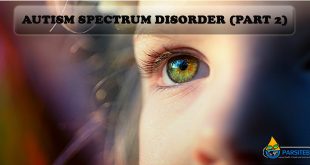Tongue problems: Changes in the appearance of your tongue can be signs of a variety of diseases.
So these changes can be a clue to find health problems. Infection, stress, side effects of medicines and even aging can affect your tongue.
By knowing the following symptoms, you can find the reason of these changes easily:
White Patches
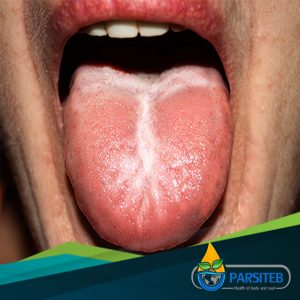
White patches can be a sign of a fungal infection. These patches also create during the diseases, use of some medications and change the balance of bacteria in your mouth.
Hairy Tongue
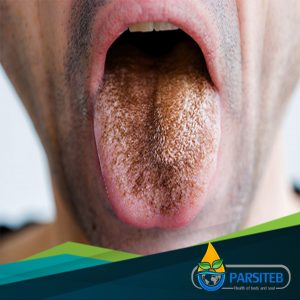
If there are black or brown highlights on your tongue, your tongue is called hairy tongue.
Those “hairs” are proteins that turn normal, small bumps into longer strands, where food and bacteria get caught. It should go away when you brush or scrape your tongue.
If you have hairy, white patches that you can’t scrape off, it might be oral hairy leukoplakia. It can happen to people infected with viruses like Epstein-Barr or HIV.
Black Tongue
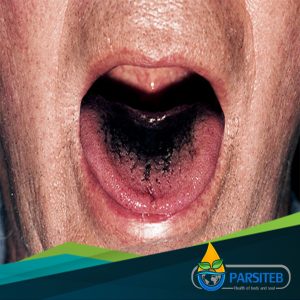
Blackening of the tongue can occur as the reaction of bismuth (which is an antacid type and is present in gastrointestinal problems medicine).
Do not worry, it’s harmless and goes away once you stop taking the medicine.
Bright Red Tongue

A strawberry-red tongue could be an early sign of Kawasaki disease, a rare, serious illness that inflames blood vessels all over the body, most often in children.
It’s also a symptom of scarlet fever. If your red tongue is also smooth and you have pain in your mouth, it might be a sign that your body doesn’t have enough vitamin B3.
Burning Tongue

If your tongue feels like you scalded it with hot coffee and tastes metallic or bitter, you may have burning mouth syndrome.
It might mean a problem with the nerves in your tongue. Some health problems, like dry mouth, infections, acid reflux, and diabetes may cause it, too.
For some people, acidic foods like pineapple as well as toothpaste, mouthwash, candy, or gum also make their mouth burn.
Smooth Tongue
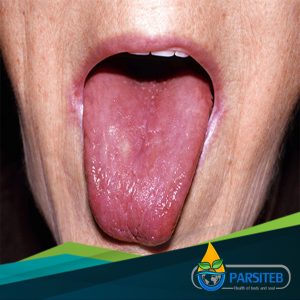
A tongue without any small bumps on the top may look glossy red. You may get it if you don’t get enough of some nutrients like iron, folic acid, or B vitamins. Infections, celiac disease, or some medications can also cause it.
If you have patches of smooth areas next to bumpy ones, it could be geographic tongue.
The spots can come and go, and sometimes they hurt or burn. It’s harmless, but it could be linked to psoriasis or lichen planus.
Bumps
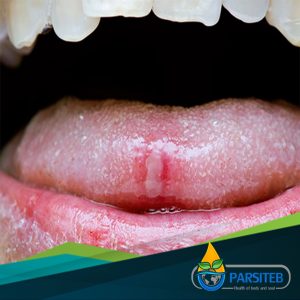
Under the tongue is a common spot for canker sores, painful, reddish bumps that come and go on their own.
A single, painful bump at the tip could be transient lingual papillitis, “lie bumps,” which can pop up if your tongue gets irritated. A virus can also cause lots of little bumps on the tip and sides.
If you have a lump on or under your tongue that hurts and doesn’t go away, let your doctor or dentist know. They’ll want to check you for oral cancer.
Soreness
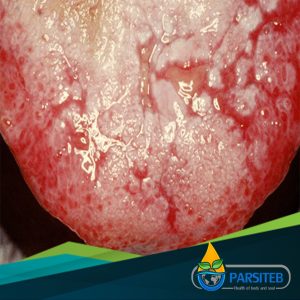
Your tongue has lots of nerve endings, so it can really hurt if you bite or injure it. Canker sores, lichen planus, thrush, and geographic tongue can cause pain.
Some medications and infections can make your tongue sore, too. Sometimes pain in your tongue can be a sign of cancer, especially if you also have a lump or red or white patches.
Macroglossia
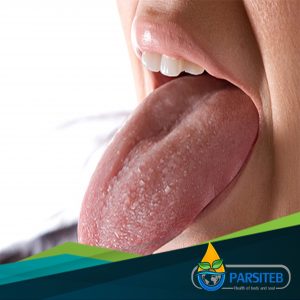
It’s when your tongue is too big compared to the rest of your mouth.
Your doctor will try to figure out and treat the underlying condition, which may be hypothyroidism, an infection, or allergies, among others.
Fissured Tongue

Deep grooves can form on your tongue as you age. They also are linked to Down syndrome, psoriasis, and Sjögren’s syndrome.
They’re harmless, but you should gently brush your tongue to clear food and bacteria.
The grooves might get better when your doctor treats the condition that’s causing them, if there is one.
Signs of Mouth Cancer

Many spots, bumps, and colors on your tongue are harmless. But it’s good to know the signs that might point to cancer: Sores that don’t heal, lumps, tongue pain, and trouble chewing or swallowing.
If these symptoms last more than 2 weeks, see your doctor or dentist.
Reference: WebMD
Collected by: Dr. Sara Bakhshaei
 Parsi Teb Physical and Mental Health Journal
Parsi Teb Physical and Mental Health Journal 
